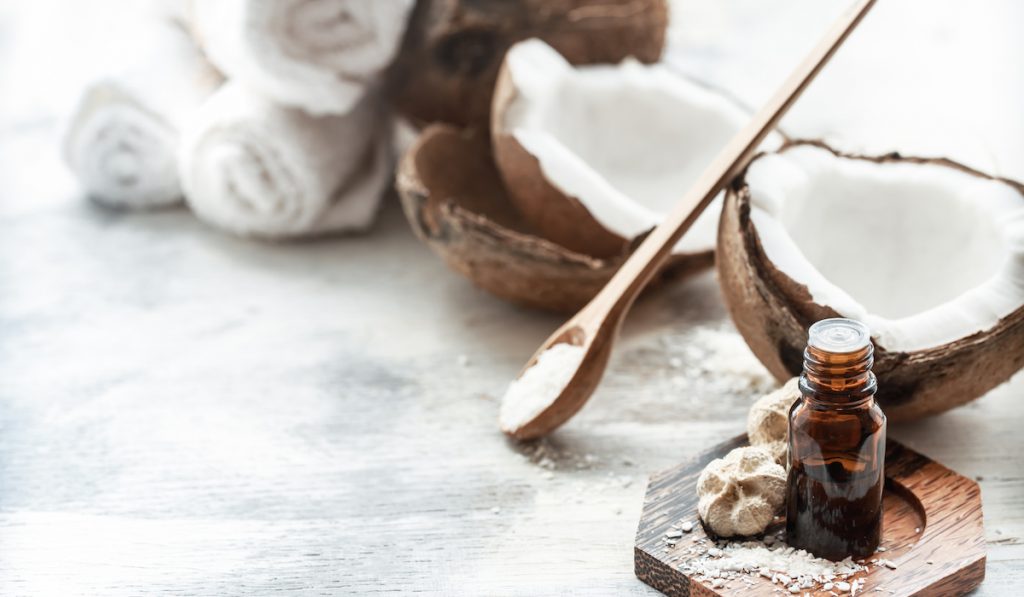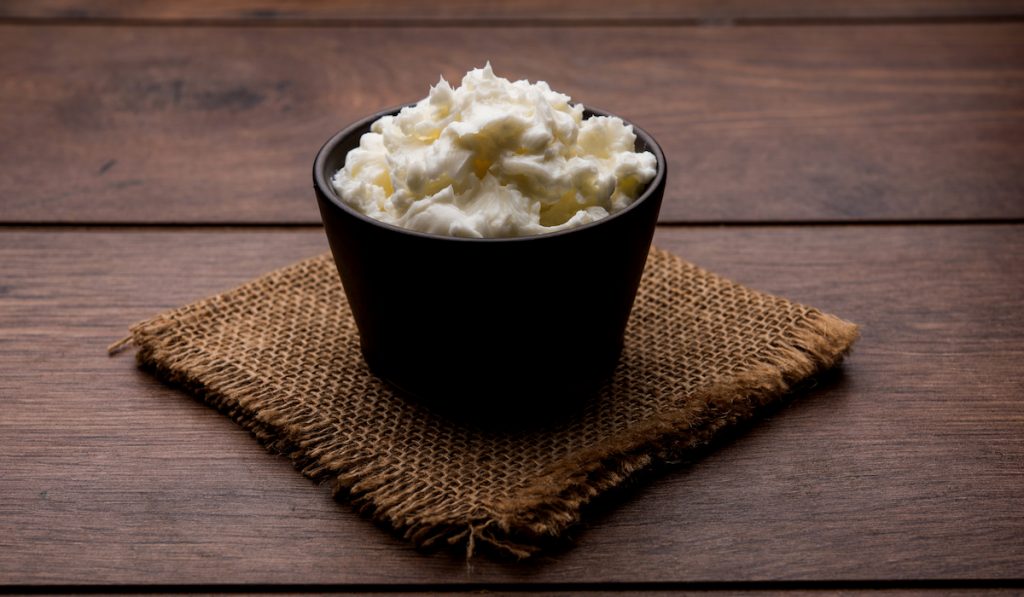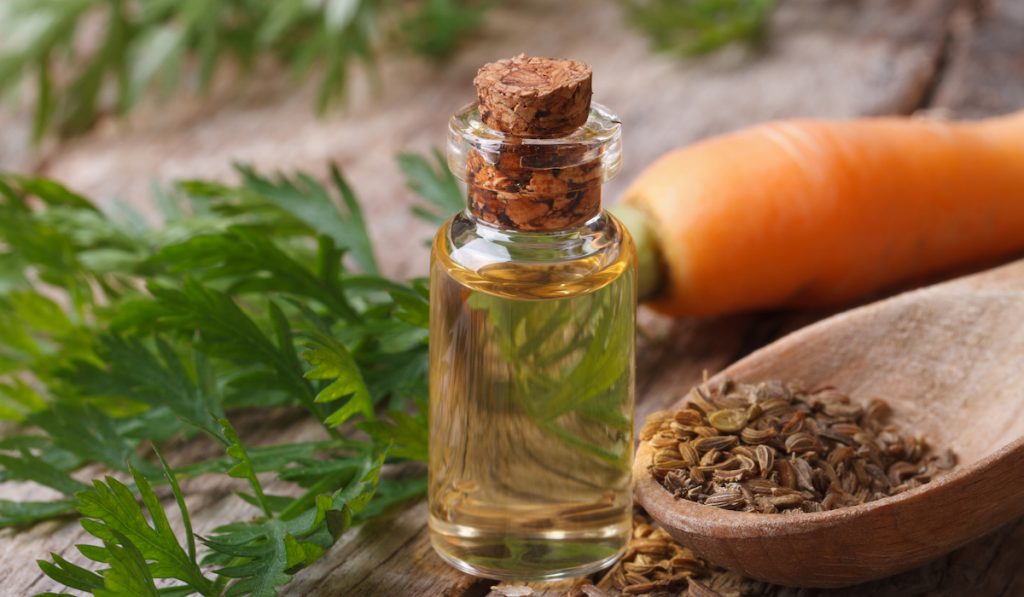Sunscreen is typically the go-to method for most people looking to protect their skin from the harmful ultraviolet rays of the sun.
However, research shows that the chemicals in sunscreen can irritate and damage the skin. They can also block the ability of your body to absorb vitamin D.
Thankfully, there are natural and healthier sunscreen alternatives available to protect you from the harmful rays of the sun.
In this article, we discuss the best natural sunscreen alternatives. Although some of these alternatives may not offer the same amount of protection as sunscreen, they are still effective.
Table of Contents
14 Best Natural Sunscreen Alternatives
Clothing

Wearing clothing is the best natural sunscreen alternative. Clothing absorbs and blocks out harmful sun rays and protects your skin. After 15-20 minutes of sunlight exposure, put on some clothes to avoid damaging your skin.
Although putting on clothes in the sun may seem strange, it will protect your skin from damage. But if it is too hot for heavy clothing, try on something light-colored or white.
Light-colored clothing reflects more sunlight and keeps your body cooler.
You can also wear a large sun hat to protect your body from harmful sun rays.
Eating Well
When you consume foods rich in antioxidants and healthy fat, it can protect your skin from harmful UV rays. So ensure you eat dark, colorful fruits and vegetables rich in powerful antioxidants and carotenoids.
Consuming carotenoids makes your skin glow even without sunlight. It also ensures you burn less often. You can also eat vegetables, nuts, microalgae, seeds, avocados, and coconut oil for healthy saturated fat and omega fatty acids.
Coconut Oil

Coconut oil is a natural sunscreen alternative that blocks 20% of harmful sun rays. Although it provides you with an equivalent of SPF 10, it is not ideal for strong sunlight.
If you intend to stay in the sun for a short period, 20% protection can work for you. But if you plan to stay out for longer periods, you have to keep reapplying.
Coconut oil contains antioxidants that prevent your skin from burning and oxidative damage. You can even use it as a base for your homemade sunscreen.
Consuming coconut oil can also help protect your skin from the inside out.
Coconut oil not only protects your skin from sunlight damage but it has several other benefits. Coconut oil reduces inflammation, moisturizes the skin, keeps the skin soft, and smoothens blemishes.
Aloe Vera
Aloe vera is a common treatment for the skin after prolonged sunlight exposure. It is ideal for treating redness, inflammation, and sunburns.
What most people don’t know is that aloe vera doubles as sunblock. Aloe vera protects the skin by blocking 20% of harmful sun rays. Since it only blocks the sun for a short period, you need to keep reapplying.
Aloe vera is not just a sunscreen. It has numerous skin benefits including reducing infection, moisturizing the skin, fighting skin aging, and smoothing blemishes.
Sesame Oil
Sesame oil is a natural sunscreen alternative that can effectively protect your skin from 30% of harmful sun rays.
Applying a layer of sesame oil can protect your skin from sunburn. For maximum skin protection, reapply sesame oil frequently to exposed skin.
Sesame oil contains vitamin E that protects your skin from harmful sun rays, polluted air, and toxins. You can purchase sesame oil from your local supermarket at a reasonable price.
Shea Butter

Although shea butter has a low SPF factor of 6-10, you can still use it as protection from harmful sunlight. It is ideal for days you don’t plan on staying in the sun for too long.
Shea butter contains vitamins A and E. They are antioxidants that protect your skin from radical damage.
It also has soothing aromas and is perfect for SPF creams and moisturizers. When you apply a layer of shea butter on your skin before going into the sun, you protect it from burning.
Almond Oil and Olive Oil
Olive oil is a popular cooking oil you will find in many Indian kitchens, and you can use it for your hair. Almond oil is also good for hair.
Both oils contain vitamin E, which is good for the skin.
You can prepare a mixture of these two oils with natural ingredients like beeswax and coconut water. Put the mixture in a glass jar and place it in hot water. And with that, your all-natural homemade sunscreen is ready.
Wheat Germ Oil
Wheat germ oil is a natural sunscreen alternative with an SPF factor of 20. It is a natural moisturizer that helps to nourish the skin.
Astaxanthin
Astaxanthin is both an antioxidant and a carotenoid. It is what gives salmon their reddish-pink color. Consuming microalgae that produce astaxanthin ensure salmon can protect themselves from harmful ultraviolet rays.
Astaxanthin is stronger than CoQ10, vitamins A or E. It protects the skin from sun damage. It also prevents damage to the DNA by UV rays.
It is basically sunscreen in a pill that protects the eyes, heart, brain, and joints.
Carrot Seed Oil

Carrot seed oil is a natural sunscreen alternative with an SPF factor of 38-40. It contains high amounts of beta carotene and vitamin A. Both of which are antioxidants that protect the skin from free radicals.
Carrot seed oil has antiseptic properties that heal and prevents infections. You can also use it to rejuvenate the skin and soothe skin irritation.
Red Raspberry Seed Oil
Red raspberry seed oil is a natural oil that can protect the body from UVB and UVA rays. It has an SPF factor of 28-50. The SPF in red raspberry seed oil is similar to titanium oxide, a common ingredient in commercial sunscreens.
Red raspberry seed oil is rich in antioxidants and has an anti-inflammatory effect. It can soothe the inflammation and pain caused by sunburn.
Red raspberry seed oil can make an abnormal skin cell self-terminate. This essentially stops any potential cancers and tumors from establishing.
Tea Leaves
Most people don’t know this, but you can make natural sunscreen from tea leaves.
To make sunscreen using tea leaves, all you do is soak 2 teaspoons of tea leaves in ½ cup of water. Leave the mixture to stay overnight and strain it properly the next day.
After straining the mixture, do not discard the brew since you will use it as your sunscreen. Instead, store it in a bottle and keep it in a cool, dry place. Apply the mixture to your skin before you step out for some sun.
Turmeric

Turmeric is a popular kitchen ingredient with several health benefits. It has both antioxidant and healing properties.
You can make natural homemade sunscreen with turmeric and coconut oil. Simply add a pinch of turmeric to coconut oil, and your natural sunscreen is ready.
Essential Oil and Vitamin E
Essential oils are quite popular, and this is due to their numerous health benefits. When you mix essential oils with vitamin E, you get an effective sunscreen. Your homemade mixture will also contain shea butter, raspberry seed oil, and beeswax.
To make your sunscreen prepare a smooth concoction of shea butter, raspberry seed oil, and beeswax in a glass jar. Put the glass jar in hot water and wait for the mixture to melt. Add non-nano zinc oxide as it begins to melt. You can order non-nano zinc oxide from an online store.
Lastly, add vitamin E and essential oil to the mixture and let it settle. And with that, you have homemade sunscreen with SPF 30.
Resources:
- https://www.enviromedica.com/wellness/natural-sunscreen-alternatives/
- https://sunwarrior.com/blogs/health-hub/natural-sunscreen-alternatives
- https://www.herzindagi.com/beauty/sunscreen-effective-cheap-alternatives-coconut-oil-shea-butter-aloe-vera-natural-article-165780
- https://www.leaf.tv/4419779/safflower-oil-skin-benefits/
- https://doctor.ndtv.com/skin/these-natural-and-homemade-sunscreens-are-all-you-need-this-summer-1830255
